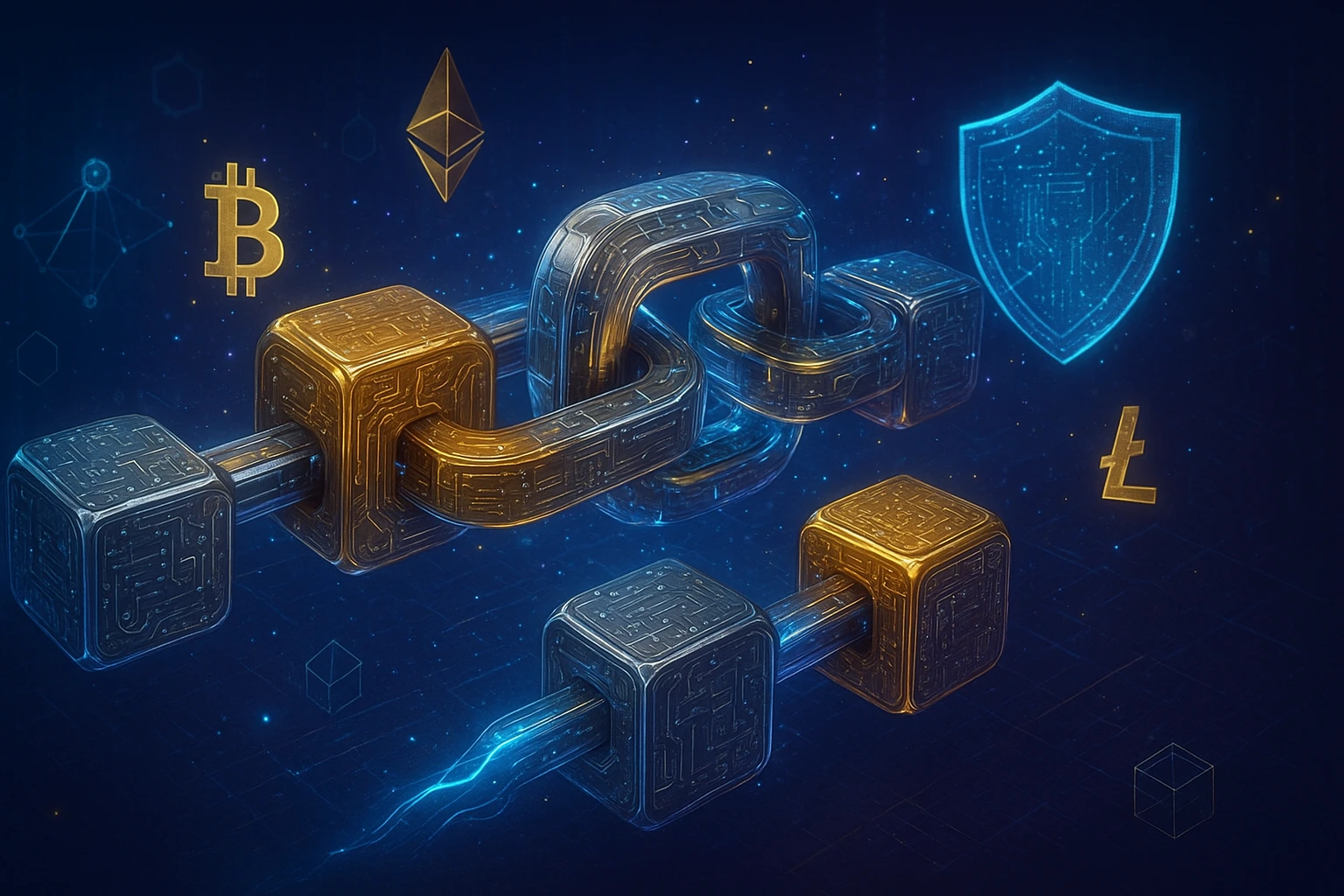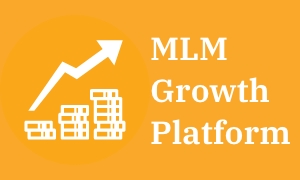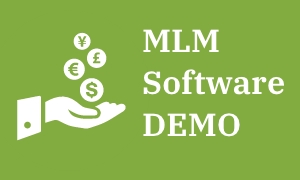Introduction
Blockchain technology is revolutionizing network marketing by introducing unprecedented transparency, security, and automation to MLM operations. Smart contract-based MLM platforms eliminate traditional concerns about commission manipulation, provide immutable transaction records, and enable truly decentralized network marketing businesses. This comprehensive guide explores how blockchain MLM software is reshaping the industry and why forward-thinking companies are making the transition.
1. Understanding Blockchain Technology in MLM Context
Core Blockchain Concepts for MLM:
- Distributed Ledger: Transparent, immutable record of all transactions
- Smart Contracts: Self-executing contracts with automatic enforcement
- Decentralization: Removing single points of failure and control
- Cryptographic Security: Advanced encryption protecting sensitive data
Traditional MLM vs. Blockchain MLM:
Traditional Challenges:
- Lack of transparency in commission calculations
- Central authority controlling all transactions
- Potential for data manipulation or system abuse
- Trust issues between companies and distributors
- Delayed payment processing and high transaction fees
Blockchain Solutions:
- Complete transparency through public ledger access
- Automated commission distribution via smart contracts
- Immutable transaction history preventing manipulation
- Trustless system reducing reliance on central authority
- Instant, low-cost cryptocurrency payments
Current Market Adoption: The blockchain MLM market is projected to grow by 300% over the next three years, with early adopters reporting higher distributor satisfaction and improved operational efficiency.
2. Smart Contract Implementation in MLM Operations
Automated Commission Distribution Smart contracts revolutionize how commissions are calculated and distributed:
- Real-Time Processing: Instant commission calculations upon transaction completion
- Transparent Rules: All distributors can verify commission structure and calculations
- Automatic Execution: No manual intervention required for payment processing
- Multi-Level Support: Complex compensation plans automated through code logic
Example Smart Contract Functions:
– calculateCommission(sale_amount, distributor_level, compensation_plan)
– distributeBonuses(achievement_criteria, qualified_distributors)
– updateRankings(performance_metrics, time_period)
– processPayouts(distributor_wallet, commission_amount)
Rank Management and Advancement Blockchain systems provide transparent rank advancement:
- Qualification Tracking: Real-time monitoring of rank requirements
- Achievement Verification: Cryptographic proof of accomplishments
- Automatic Promotion: Smart contracts handle rank upgrades instantly
- Historical Records: Immutable history of all rank changes
Inventory and Supply Chain Management Blockchain enhances product tracking and authenticity:
- Product Authentication: Verification of genuine products through blockchain records
- Supply Chain Transparency: Complete tracking from manufacturer to consumer
- Inventory Management: Real-time stock levels across all distributors
- Quality Assurance: Immutable records of product quality and testing
Compliance and Regulatory Reporting Blockchain simplifies regulatory compliance:
- Automatic Audit Trails: Complete transaction history for regulatory review
- Tax Calculation: Automated tax computation and reporting for all distributors
- KYC/AML Integration: Built-in identity verification and anti-money laundering checks
- Regulatory Transparency: Open access to business operations for authorities
3. Benefits of Decentralized MLM Platforms
Enhanced Trust and Transparency Blockchain eliminates trust issues between companies and distributors:
- Open Source Verification: All stakeholders can verify system operations
- Immutable Records: Transaction history cannot be altered or deleted
- Democratic Governance: Stakeholder voting on platform changes and updates
- Reduced Counterparty Risk: Less dependence on central authority decisions
Lower Operational Costs Decentralized systems reduce traditional operational expenses:
- Reduced Infrastructure: No need for extensive centralized servers
- Lower Payment Processing: Cryptocurrency transactions cost less than traditional methods
- Automated Operations: Smart contracts eliminate manual administrative tasks
- Global Reach: No traditional banking limitations for international operations
Improved Security and Data Protection Blockchain provides superior security compared to traditional systems:
- Cryptographic Protection: Advanced encryption safeguards all data
- Distributed Architecture: No single point of failure for hackers to target
- Private Key Control: Users maintain control over their own data and funds
- Attack Resistance: Consensus mechanisms prevent unauthorized changes
Innovation and Flexibility Blockchain platforms enable advanced features:
- Programmable Money: Smart contracts create complex financial instruments
- Tokenization: Custom tokens for rewards, bonuses, and incentives
- DeFi Integration: Access to decentralized finance tools and services
- Cross-Platform Interoperability: Integration with other blockchain applications
4. Implementation Challenges and Solutions
Technical Complexity Blockchain implementation requires specialized expertise:
- Solution: Partner with experienced blockchain MLM software developers
- User Training: Comprehensive education programs for distributors
- Interface Design: User-friendly interfaces hiding technical complexity
- Support Systems: 24/7 technical support for blockchain-related issues
Regulatory Uncertainty Evolving regulations create compliance challenges:
- Solution: Work with legal experts familiar with blockchain regulations
- Compliance Monitoring: Regular updates on regulatory changes
- Flexible Architecture: Systems designed to adapt to new requirements
- Documentation: Comprehensive records for regulatory review
Scalability Concerns Blockchain networks may face performance limitations:
- Solution: Layer-2 scaling solutions and optimized smart contracts
- Network Selection: Choose appropriate blockchain for business requirements
- Hybrid Approaches: Combine blockchain benefits with traditional efficiency
- Performance Monitoring: Continuous optimization of system performance
User Adoption Barriers Distributors may resist new technology:
- Solution: Gradual migration with parallel systems during transition
- Education Programs: Comprehensive training on blockchain benefits
- Incentive Programs: Rewards for early adoption and engagement
- Support Resources: Multiple channels for assistance and guidance
5. Choosing the Right Blockchain Platform
Ethereum-Based Solutions Most popular choice for MLM smart contracts:
- Advantages: Mature ecosystem, extensive developer resources
- Considerations: Higher transaction fees during network congestion
- Best For: Complex compensation plans and DeFi integration
Binance Smart Chain (BSC) Cost-effective alternative with Ethereum compatibility:
- Advantages: Lower fees, faster transactions, growing ecosystem
- Considerations: More centralized than Ethereum
- Best For: Cost-conscious businesses requiring high transaction volume
Polygon (MATIC) Layer-2 scaling solution for Ethereum:
- Advantages: Low fees, fast transactions, Ethereum compatibility
- Considerations: Additional complexity for non-technical users
- Best For: High-volume MLM operations requiring cost efficiency
Custom Blockchain Solutions Purpose-built platforms for specific requirements:
- Advantages: Complete control, optimized performance, unique features
- Considerations: Higher development costs, longer implementation time
- Best For: Large enterprises with specific business requirements
6. Future Trends and Developments
Integration with Web3 Technologies Blockchain MLM platforms will increasingly integrate with:
- NFTs: Unique digital assets for rewards and recognition
- Metaverse: Virtual worlds for meetings and product demonstrations
- DAOs: Decentralized autonomous organizations for governance
- DeFi: Advanced financial instruments and yield generation
Cross-Chain Compatibility Future platforms will support multiple blockchains:
- Multi-Chain Architecture: Operating across different blockchain networks
- Atomic Swaps: Direct cryptocurrency exchanges without intermediaries
- Unified Interfaces: Single dashboard managing multiple blockchain assets
- Interoperability Protocols: Seamless communication between different chains
Regulatory Compliance Evolution Governments worldwide are developing blockchain-specific regulations:
- Standardization: Industry standards for blockchain MLM operations
- Compliance Tools: Automated regulatory reporting and monitoring
- Legal Frameworks: Clear guidelines for legitimate blockchain MLM businesses
- International Cooperation: Harmonized regulations across jurisdictions
Conclusion & Implementation Strategy
Blockchain technology represents the future of network marketing, offering unprecedented transparency, security, and automation. Companies implementing blockchain MLM solutions position themselves as industry leaders while providing distributors with superior tools and trustworthy operations.
The key to successful blockchain implementation lies in choosing the right technology partner with deep expertise in both MLM business models and blockchain development. GegoMLM’s smart contract-based platform combines traditional MLM functionality with cutting-edge blockchain features, providing businesses with the best of both worlds.
Ready to explore blockchain-powered network marketing? Contact GegoMLM’s blockchain specialists to learn how smart contract technology can transform your MLM operations. Our experts will guide you through the implementation process and help you leverage blockchain’s benefits for competitive advantage.













